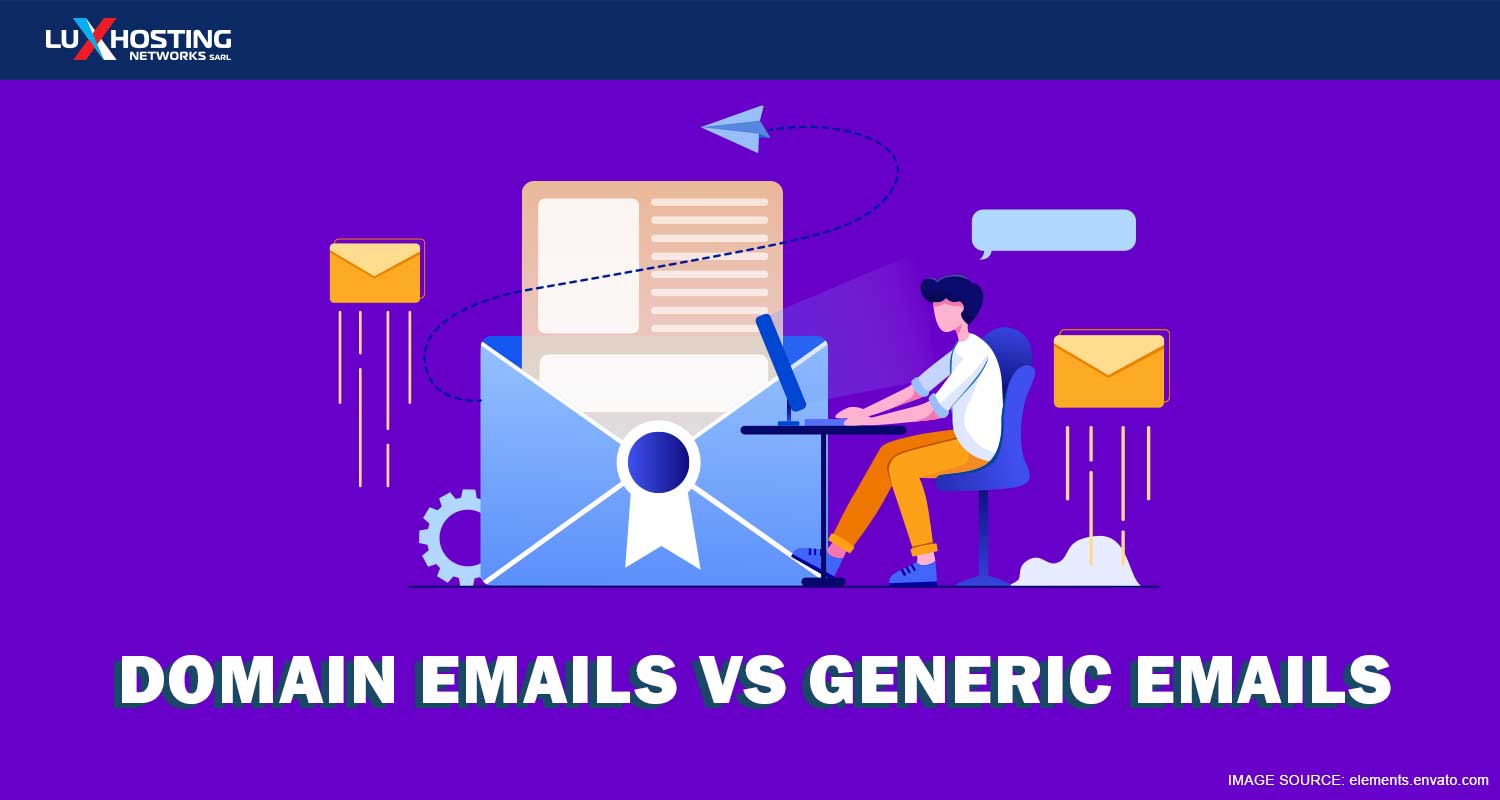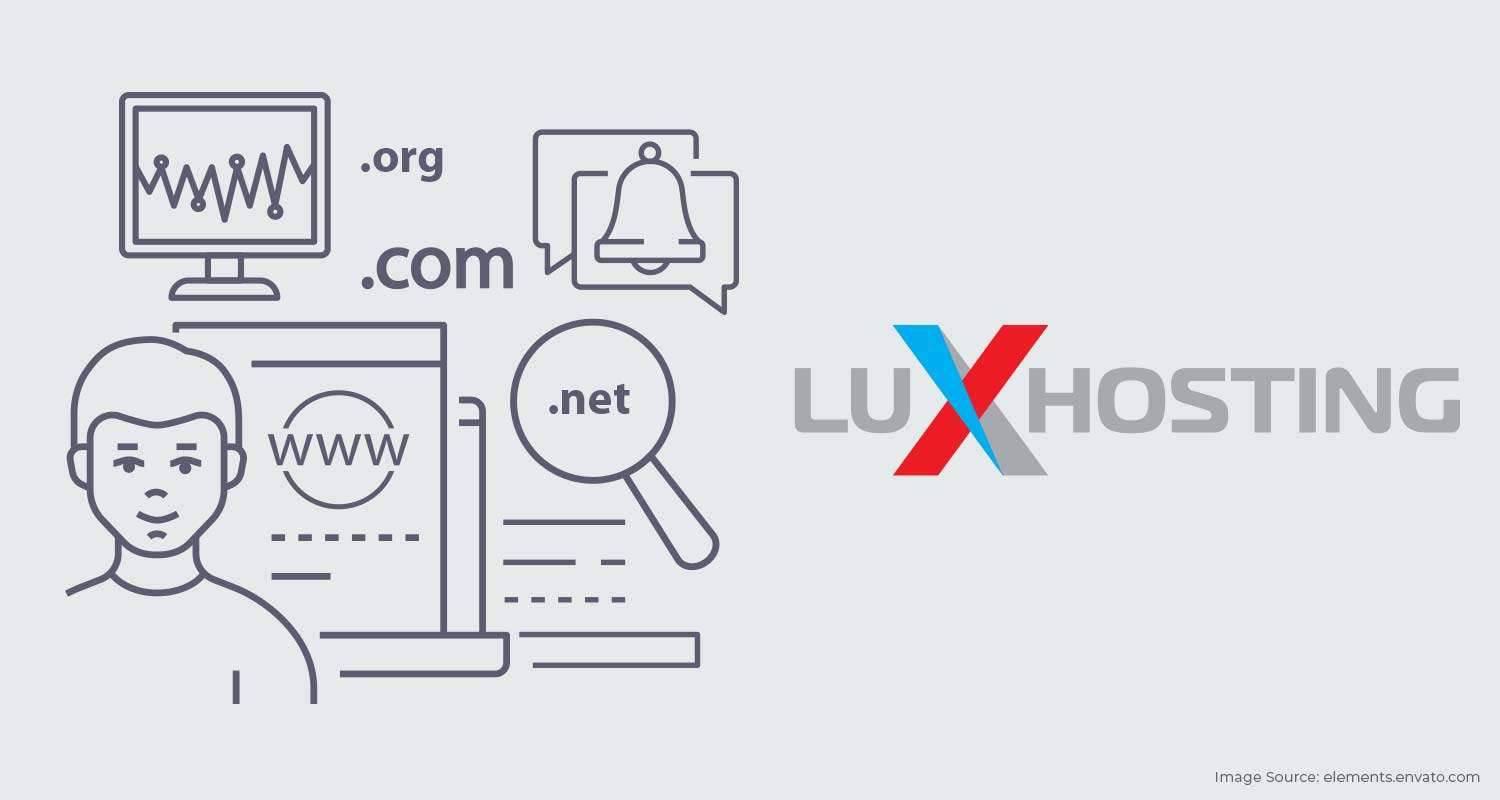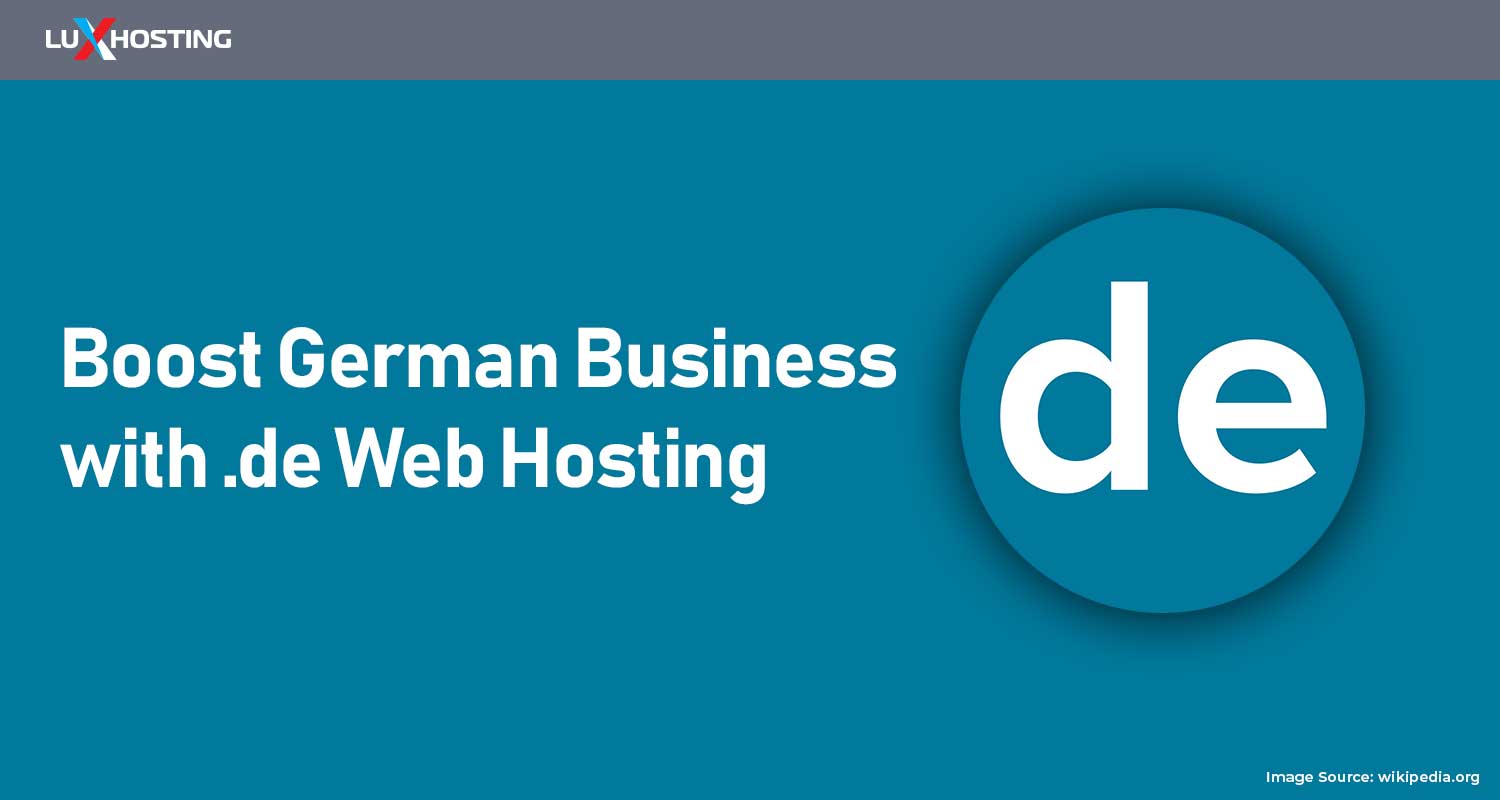Website owners who are serious about having a business online and growing their brand will require emails that showcase who they are. But why is this important? Does it matter if you have an email account that says [email protected] or [email protected]? We'll take a look at the both and answer some of the questions you may have.
What’s the difference between domain emails and generic emails?
The fundamental difference between the two is the use of the TLD. With domain emails, the email bears your domain name and enables customers to see your brand in every communication with them. A domain email is structured, for example, like this:[email protected] [email protected] [email protected] Whereas generic emails are created on email clients like Gmail, Yahoo, MSN, Hotmail, etc. If your company were to use generic emails, you’d have to structure them like this:[email protected] [email protected] [email protected] Looking at both structures which would you prefer your customer base and audience to associate with your brand and business? We thought you’d pick domain emails but let’s go even deeper as to why they are better suited to your business.
Domain Registration and Email Setup
Registering a domain is the first step of setting up your custom domain email. First, you'll need to choose an email hosting solution like this one or simply signup for cPanel hosting. Email hosting platforms use specialise email servers that store email files securely from a website hosting server. This service is great for business websites or bloggers who require a lot of emails and the highest level of security for emails. The second option mentioned above is cPanel hosting. Website owners with access to cPanel also have access to create custom domain emails thanks to a feature in cPanel. Setup takes a few minutes and emails can be linked to either webmail or a popular email client like Outlook, Hotmail, etc. See this easy tutorial for setup. As it relates to generic emails, there’s no need to register a domain. The email will use the default ending of the email client of your choice. For example: info@gmail.com. In this example Gmail is the email client.
Why use a domain email address as opposed to generic ones?
The easiest answer to this question is customer expectation demands that a serious business uses an email with their domain name attached to it as opposed to a generic email address. Not only does this look more professional but it shows your customers that you are a legitimate business who is serious about their overall brand awareness and you’ve invested into your business in a real and tangible way.Free email clients like Gmail, Yahoo, and Hotmail are excellent for personal use but when you’re a business they simply won't cut it if you’re a serious entity. This goes for professional bloggers as well. Beyond that, your audience may not have confidence in your business if you use an email address with a generic, free email client like Gmail or Yahoo and they may also think it’s a phishing scam when you send emails, yikes! Here are some concrete reasons you should never use a generic email address for your business:
Email Privacy
A domain email will guarantee fool-proof privacy and security for your business emails. When your customers receive emails from [email protected] they know that your emails are encrypted with the same security features as your website, and what’s more, is they know you are a legitimate business who has their privacy and security in mind. Whereas with a generic email, a user agreement is in place with the free company like Gmail or Yahoo and it limits to control privacy and security. What’s more, is that anyone can create a generic email to copy your business and try to scam your customers. Without a domain email in place, you leave your customers prone to cybercriminals and you lessen your business’ credibility and trust.
Accessibility
Domain emails give you’re the versatility in keeping business emails separate from personal emails. You can also create different emails at your domain dot com to ensure different types of communication is sent from different accounts. Inversely you can receive different emails from clients. For example, help@yourwebsite.com can receive emails where customers ask questions. While, [email protected] is best for customers seeking more information. These can be separate from personal accounts in the company [email protected]. On the other hand, with generic domains, you can end up with a very messy inbox where your important business communications get lost under a sea of personal emails.
Portability
Domain email accounts can be moved whenever you switch between hosting providers because they are attached to your domain. No need to worrying about losing data or important emails during a domain transfer. You get to keep all of your emails safe. Adversely with generic emails, you cannot migrate emails if you switch between Gmail and Yahoo. You would also have to let your customers know about your new email address and it can become very complicated and you could potentially lose clients.
Security
Communication between you and your customers and other business clients are confidential and thus need the highest level of security. While generic email clients have built-in encryption they are still not as secure as using domain-level email accounts. With domain accounts you are fully aware of the type of security measures your trusted hosting providers use and you’ll have employed the utmost in internet security on your hosting plan. Whereas with generic emails if your account gets suspended, blocked or hacked it could take a long time for you to recover it. This can negatively impact your business and customer base negatively.
Brand Awareness
Beyond showing your customers that you’re a reputable business and an authority in your chosen field, a domain email perfectly showcases your brand and its awareness with your customer base. Your domain email will not only establish your brand but maintain its overall awareness whenever you send communication. As a business owner, your brand’s reach is tantamount to your overall success as a business. When your customers see your email account in their inbox, they know exactly who it is coming from. So, should they forward the email to a friend it would be easy for them to pull up your website. Your domain email is another way you propagate your brand. This way you can focus on continuous grow and increasing your bottom line.
Conclusion
Having a domain email is much better than a generic email for your business. In fact, you not only need to establish your credibility as a business but you need to maintain it and continually spread your brand awareness. It is impossible to do any of those things with a generic email address. You need to build trust in your field. You need your customer base and your audience to know you are serious about your business and brand focus. The only way to do that is through a domain registration and setting up your own domain email. Let us help you to show your authority in your niche, get your domain with Luxhosting or ask our domain experts the best domain extensions for your online project.



